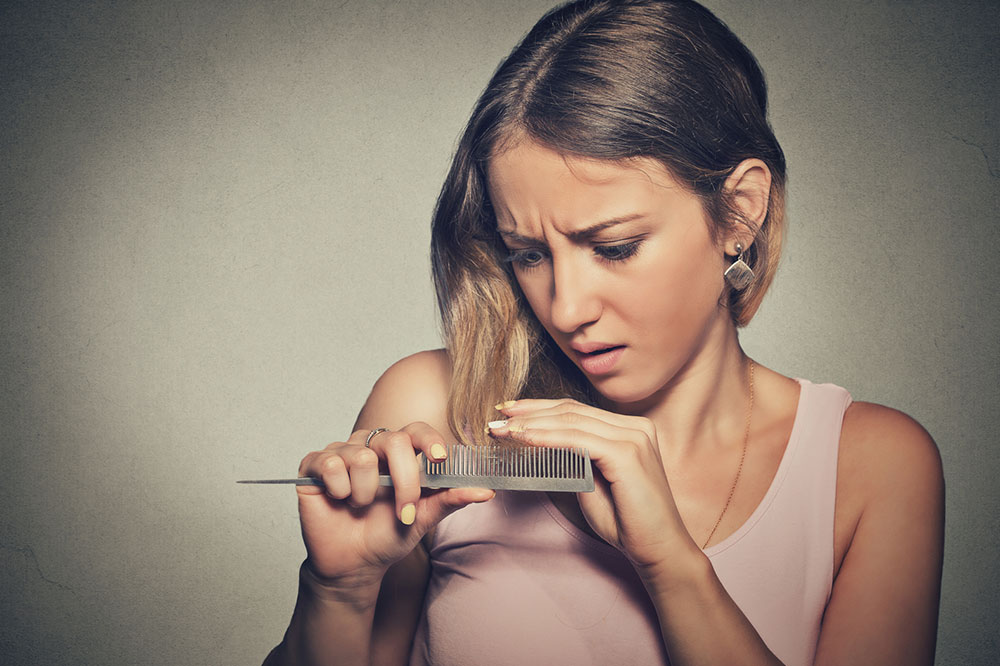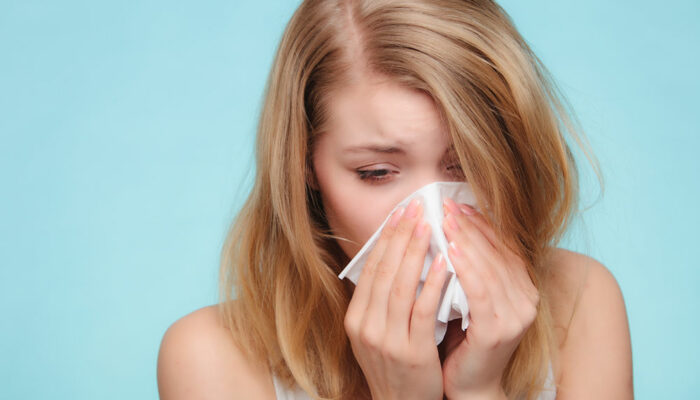
7 Treatments for Thinning Hair in Menopausal Women
Every woman goes through the natural process of menopause. During this phase, the body undergoes numerous changes as it orients itself to the altering hormone levels. There will also be distressing symptoms during menopause, such as hair loss. This article talks about seven treatments for thinning hair for women in menopause that will help you overcome the problem.
1. Talk to your doctor
If you are experiencing a significant amount of hair loss, consider talking to your doctor so that they can help you identify the cause. For instance, you may have a nutritional deficiency that can be fixed by giving you the right supplements and recommending some dietary changes.
2. Reduce stress
Stress causes a hormonal imbalance that can result in hair thinning. When your body produces less estrogen, it can not only affect your mood but also cause hair loss. The best way to reduce stress is by doing breathing exercises and yoga. These methods are especially helpful in warding off menopausal symptoms. You can also include exercise in your daily routine to help reduce stress.
3. Eat a balanced diet
Enriching your diet with nutrient-dense, low-fat foods is the best way to fight hair loss from within. Make sure you eat a sufficient amount of fruits, vegetables, and grains in each meal. You must also consider including monounsaturated oils, such as olive and sesame oil, in your diet. Additionally, fatty acids such as flaxseeds, walnuts, and almonds can work wonders in boosting your hair growth.
4. Cover your hair with a hat outdoors
When stepping out, consider covering your hair with a hat to protect your scalp from the harsh sun. You can also consume vitamin E to keep your hair and scalp healthy.
5. Hormone replacement therapy
Since hair loss in menopausal women is often caused due to hormonal imbalance, hormone replacement therapy can restore that balance. Therefore, it is advisable to talk to your doctor about suitable treatment options to overcome hormonal dysfunction.
6. Medications
Certain medicines specifically target hair loss. You can take these in pills or ask for topical applications. However, be sure to discuss these medicines with your doctor before self-administering.
7. Surgery
If all else fails, you always have the option of surgery. Hair transplants provide a permanent solution to hair loss. However, these surgeries can be costly and come with risks of scarring and infections. So make sure you are fully aware of the risks and benefits before choosing this option.
One of the best treatments for thinning hair for women in menopause is to own their condition. As long as you are not exposed to severe health issues, menopausal hair loss should not be taken too seriously. You can use this opportunity to use wigs and experiment with different looks.



